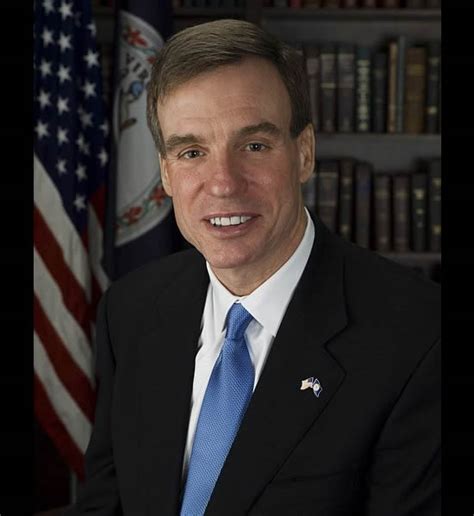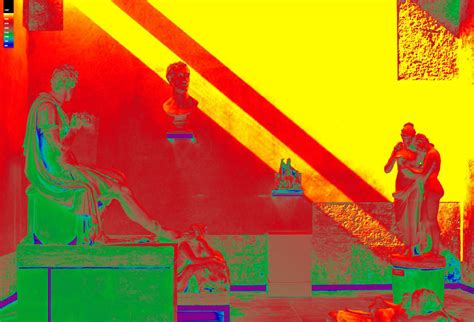A Quote by Paul Samuelson
The failure of market catallactics in no way denies the following truth: given sufficient knowledge the optimal decisions can always be found by scanning over all the attainable states of the world and selecting the one which according to the postulated ethical welfare function is best. The solution 'exists'; the problem is how to 'find' it.
Related Quotes
We do not assert that the capitalist mode of economic calculation guarantees the absolutely best solution of the allocation of factors of production. Such absolutely perfect solutions of any problem are out of reach of mortal men. What the operation of a market not sabotaged by the interference of compulsion and coercion can bring about is merely the best solution accessible to the human mind under the given state of technological knowledge and the intellectual abilities of the age's shrewdest men.
Markets are not, in my opinion, a full solution to any problem. The obvious problem they don't meet is the concerns of the welfare of individuals who may get lost in the operation of the system - the distributional question. We've seen this growing as we go further and further toward a market ideology in the United States and the United Kingdom. We've seen a decline in the welfare of the working poor, leaving aside any other pathologies, just the working poor, a very distinct increase at the very top levels.
All those formal systems, in mathematics and physics and the philosophy of science, which claim to give foundations for certain truth are surely mistaken. I am tempted to say that we do not look for truth, but for knowledge. But I dislike this form of words, for two reasons. First of all, we do look for truth, however we define it, it is what we find that is knowledge. And second, what we fail to find is not truth, but certainty; the nature of truth is exactly the knowledge that we do find.
Spend two minutes a day scanning the world for three new things you're grateful for. And do that for 21 days, The reason why that's powerful is you're training your brain to scan the world in a new pattern, you're scanning for positives, instead of scanning for threats. It's the fastest way of teaching optimism.
Outside observers often assume that the more complicted a piece of mathematics is, the more mathematicians admire it. Nothing could be further from the truth. Mathematicians admire elegance and simplicity above all else, and the ultimate goal in solving a problem is to find the method that does the job in the most efficient manner. Though the major accolades are given to the individual who solves a particular problem first, credit (and gratitude) always goes to those who subsequently find a simpler solution.
No being exists or can exist which is not related to space in some way. God is everywhere, created minds are somewhere, and body is in the space that it occupies; and whatever is neither everywhere nor anywhere does not exist. And hence it follows that space is an effect arising from the first existence of being, because when any being is postulated, space is postulated.
Common sense, to me, is simple. And I've never understood why there aren't a lot of people trying to figure out how the United States became this special place and then try to replicate it around the world, because that's the solution to the human condition. The solution to poverty, the solution to misery, the solution to backwards living is the United States of America. Why not learn how that happened, learn why and how we happened. What is it that made it special?



































